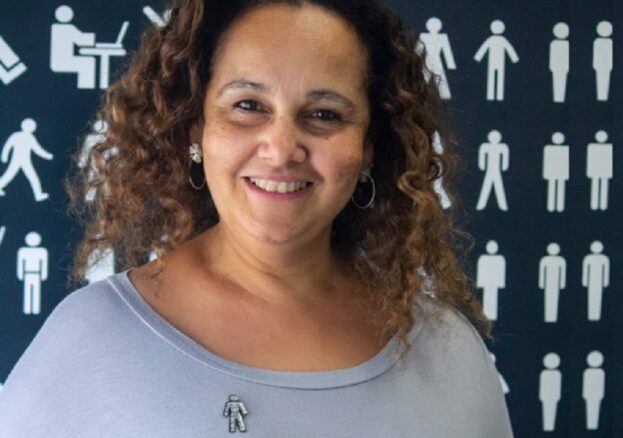
Black men are more likely to get prostate cancer than other men. We don’t know why, but it might be linked to genes. In the UK, about 1 in 4 black men will get prostate cancer.
Prostate Cancer UK’s Specialist Nurses take calls every day from men and their loved ones, offering confidential support and information about prostate cancer. Here Specialist Nurse Susan answers some common questions about the disease.
What is prostate cancer and is it serious?
Prostate cancer can develop when cells in the prostate start to grow in an uncontrolled way. Some prostate cancer grows too slowly to cause any problems or affect how long you live, meaning that many men with prostate cancer will never need treatment. But some prostate cancer grows quickly and needs treatment to stop it spreading and causing problems.
Who’s at risk of prostate cancer?
Black men are more likely to get prostate cancer than other men. In the UK, about 1 in 4 black men will get prostate cancer. You may also be at an increased risk if you have a family history of prostate cancer (for example, if your father or brother has had it) or if you’re aged 50 or over. If you are a black man, your risk may increase once you’re over 45.
We’ve recently launched a 30 second online risk checker to help men understand their risk. You can find it at prostatecanceruk.org/riskcheck
Why are black men at higher risk of prostate cancer?
We don’t know why black men are at higher risk of prostate cancer than other men, but we do know it’s linked to genes. That’s why we’re funding a new study in partnership with Movember to find out more. If you’re a man of African or Caribbean descent aged 40-69 and haven’t had prostate cancer, you may be suitable to take part in the study. You can find out more at prostatecanceruk.org/riskresearch
Are there any symptoms I should be looking out for?
Most men with early prostate cancer don’t have any symptoms – that’s why it’s so important to know about your risk. But, as a rule, if you notice changes in the way you urinate, it’s a good idea to get it checked out. While it may simply be a common problem like an infection, it could be a sign of prostate cancer.
What tests are there for prostate cancer?
There is no single test to diagnose prostate cancer, but the first step is usually the PSA test. This measures the amount of prostate specific antigen (PSA) in your blood and can indicate a problem with your prostate.
It’s normal to have a small amount of PSA in your blood, which rises as you get older. But other things can raise your PSA level, including problems with prostate. If your PSA level is raised, you might be referred for other tests such an MRI scan or biopsy.
I’m concerned about my risk of prostate cancer, what should I do next?
If you’re a black man and you’re over 45, speak to your GP about your risk of prostate cancer, even if you don’t have any symptoms. I always say to tell your GP if you have a family history of prostate cancer too.
And remember, you have the right to a PSA test if you’re over 50 and you’ve thought carefully about the advantages and disadvantages of the test.If you have any concerns, Prostate Cancer UK’s team of Specialist Nurses are here to help. Call them on 0800 074 8383 (Mon-Fri 9am-6pm, Wed 10am-8pm) or visit https://prostatecanceruk.org/nurses
